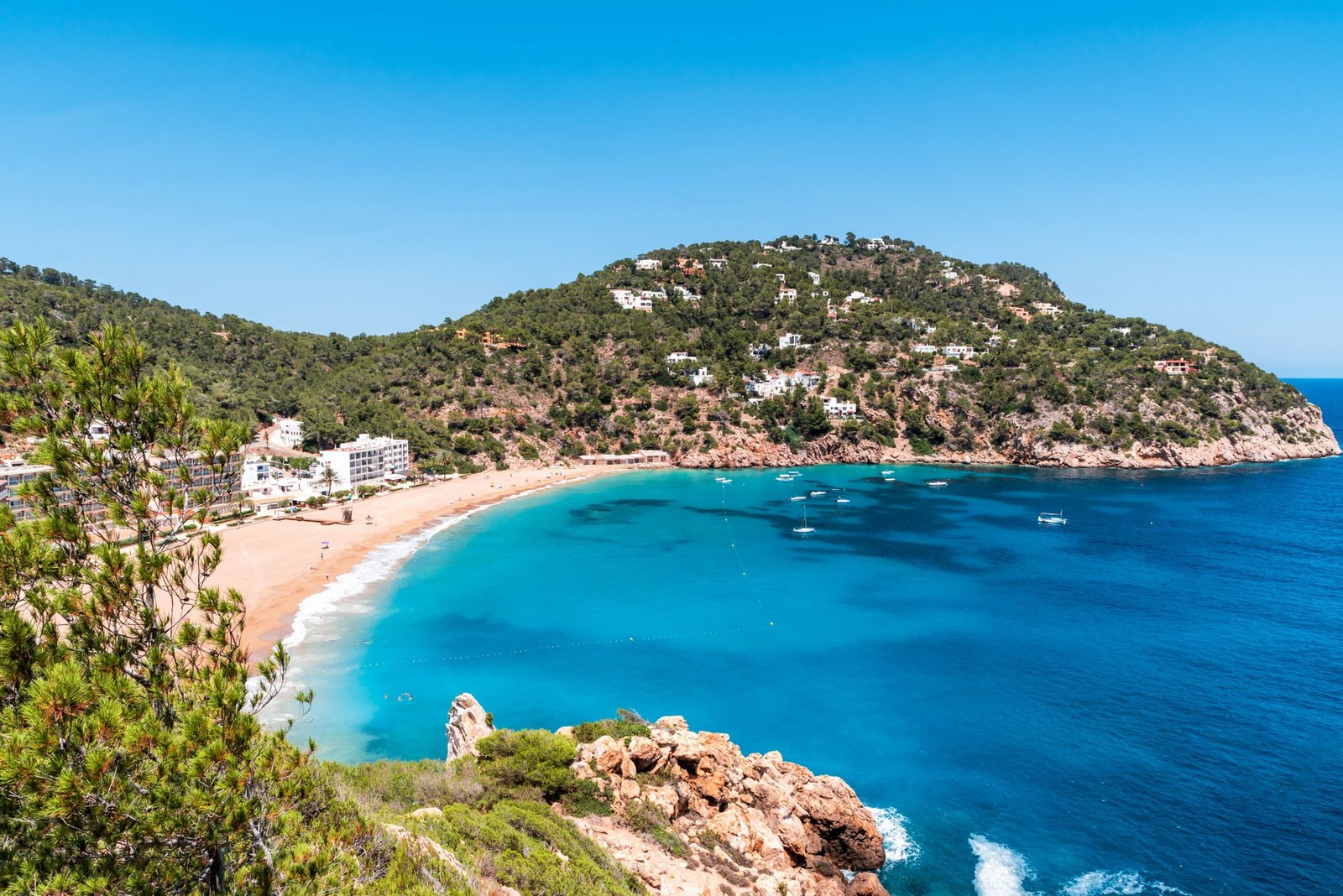Italy: The Regional Administrative Court of Tuscany [TAR] has overturned a ban on registering short-term rentals for tourists in the historic UNESCO centre of Florence.
The decision now overturns the ban that was imposed by the Municipality of Florence, which prohibited the registration of new short-term rentals in the most historic part of the city and had been inserted as a variant to the Florentine urban planning regulations. Under the ruling 858/2024, the TAR has now ruled that the short-term rental ban has expired and appeals against the decision are “inadmissible”, with a new operational plan for the city being approved.
The ruling could also prove to be a significant turning point in the regulatory landscape in Italy, as well as in future urban planning policies and tourism management, with the TAR reiterating that allowing the previous ban to continue would have allowed for the coexistence of contradictory rules and “uncertain future realignments”.
The town hall [the Palazzo Vecchio] specified that the TAR ruling does not annul the variant but that it is working on new urban planning regulations.
Responding to the ruling, the new Mayor of the city, Sara Funaro, posted on social media: “The Florence we want is the city of those who live it, open to sustainable and respectful tourism. The ruling of the Tuscany TAR does not cancel the variant of the Municipality of Florence to stop short-term rentals and does not go into the merits of the work done by the Municipality and the legitimacy of the resolution.
“This is why we will move forward without delay: in the first useful meeting of the council, I will bring the approval of the variant to reiterate the stop on short-term rentals. What remains is the inertia of a government that is indifferent to the problems of overtourism that afflict art cities like Florence.
“I will continue to ask for national measures which are increasingly urgent,” she added.
Dario Nardella, the former Mayor of Florence until 26 June, and now European parliamentarian, wrote on X: “Good news: the Tuscany TAR expressed its opinion on the resolution of the municipality of Florence on the blocking of short-term tourist rentals and there was no rejection, therefore no declaration of illegitimacy. This means that the Municipality will be able to perfect the process to make the measures definitively effective, as Sara Funaro rightly declared.
“Now let’s move forward so that the Florence experience becomes a national and European model. In the coming months, I will bring to the European Parliament with many colleagues from other countries a provision that will lead the Commission to issue European rules to give municipalities and local governments tools to block or limit short-term tourist rentals, which are among the causes of the increase in rents of rents and property costs which put tens of thousands of Italian families in difficulty and which risk impoverishing the identity and services of our historic centres.
“Full speed ahead with this battle alongside the mayor of Florence to overcome the inaction of this government,” he added.
A bylaw was passed in October that would grant short-term rental owners and landlords a three-year tax break from second home municipal taxes if they switched to longer-term residential rentals, as a way of encouraging a reduction in short-term rentals. Existing short-term rental hosts and property owners would not have been affected as the bylaw would have been retroactive.
The urban planning resolution was supported by former Mayor Nardella and the Democratic Party [PD], but it also gained opposition from the centre-right and centrist political parties. Together, short-term rental advocacy groups and organisations including Codacons, Confedilizia, Apartments Florence and Property Managers Italia, along with 30 other representatives, joined together to appeal to the TAR against the “anti-democratic move of the Municipality of Florence” and the bylaw has now been overturned.
As Mayor of Florence, Nardella had said that the number of properties listed on Airbnb in the city’s historic centre, which is also a designated UNESCO World Heritage site, had more than doubled to over 14,000 since 2016, while average monthly residential rents in the same area had shot up by 42 per cent over that period.
Last June, it was estimated that over 70 per cent of the 11,000 short-term rentals in Florence were listed within the World Heritage Site, which the council said had led to a reduction of housing stock and a subsequent “emptying out of historical centres”.
The UNESCO World Heritage site in the historic centre of Florence already covers the Santa Maria del Fiore [a thirteenth-century cathedral], the Uffizi Gallery and the Palazzo Pitti.
Other tourism leaders welcomed the TAR ruling. Lorenzo Fagnoni, president of Property Managers Italia, said that the ruling was a “victory for entrepreneurs and citizens”, and suggested that Nardella’s previous order to ban short-term rentals had not only failed to reduce long-term rental prices, but it had also harmed second home citizens.
Daniela Santanchè, the Minister of Tourism of Italy, said: “They [short-term rentals] should not be banned but regulated – what the Ministry of Tourism is doing.”
Marco Celani, president of AIGAB [Associazione Italiana Gestori Affitto Brevi], said in a statement: “It is unfortunate that Mayor Funaro has already declared that she is perpetuating the Nardella line without worrying about initiating a real discussion with the social partners, opening the way to new disputes.
“We remain available for discussion, bringing our numbers and our proposals. We believe that a confrontation in court is sterile and does not comply with the principles of participatory democracy, which we like to think must involve all those involved.
“In essence, the TAR says that Florentine citizens deserve and need clear and well-written laws, with legislative procedures that are possibly rapid and participatory. It is a big mess, that of the Nardella Council, which we hope other Italian cities, starting from Bologna and Venice, do not want to imitate,” he added.
Airbnb also released a statement, saying that the TAR decision was “good news for Florentine families who would like to share their homes and make ends meet”. It added that it “recognises the challenges that the historic centres of art like Florence are facing” and that it “renews our willingness to collaborate on effective regulations, also through a new legislative framework of reference”.
Elsewhere in Italy, The Times reported that locals in the historic Trastevere district are turning to violence to fight back against late-night revellers. The issue has been linked to a reported 45 per cent exodus of residents over the last decade since short-term rental listings began increasing in the historic centre.
Also on a national scale, the Italian government is working to implement legislation that would restrict short-term rental operations across Italy but authorities in a number of cities with historic sites, including Florence, Milan and Bologna, have grown increasingly agitated over perceived inaction on the matter.
Last March, the mayor of Venice, Luigi Brugnaro, doubled down on plans to introduce strict controls on short-term rentals. In July 2022, the Italian government placed a cap on the the annual basis that properties in Venice can be rented out at 120 days per year.
Meanwhile, students in Florence, Milan and Rome have camped out in tents to protest against a shortage of affordable housing in the cities.
The European Commission is currently in the process of implementing regulation on short-term rental data collection and sharing that will act as a standardised legislative framework for the sector in the EU.







